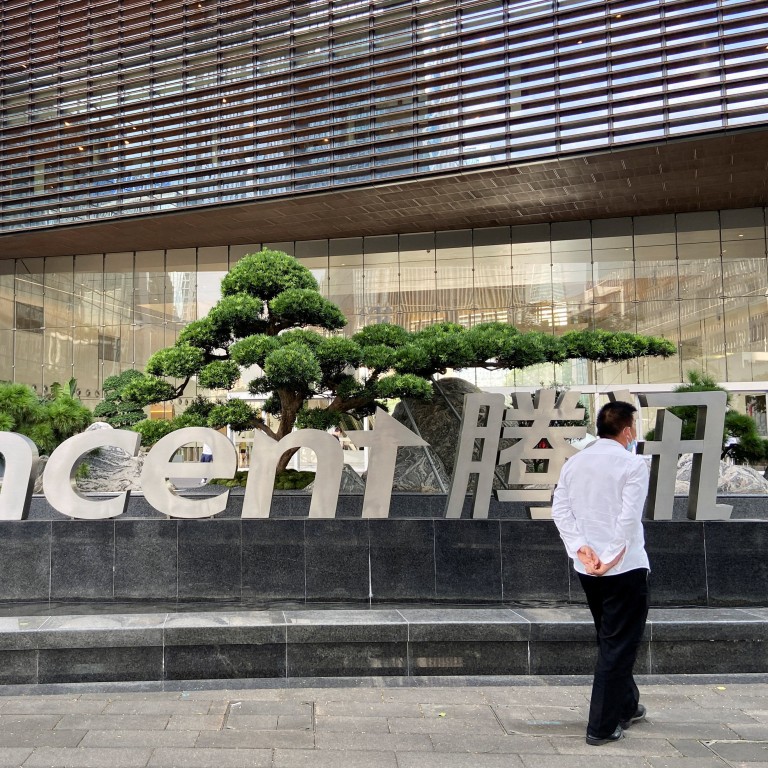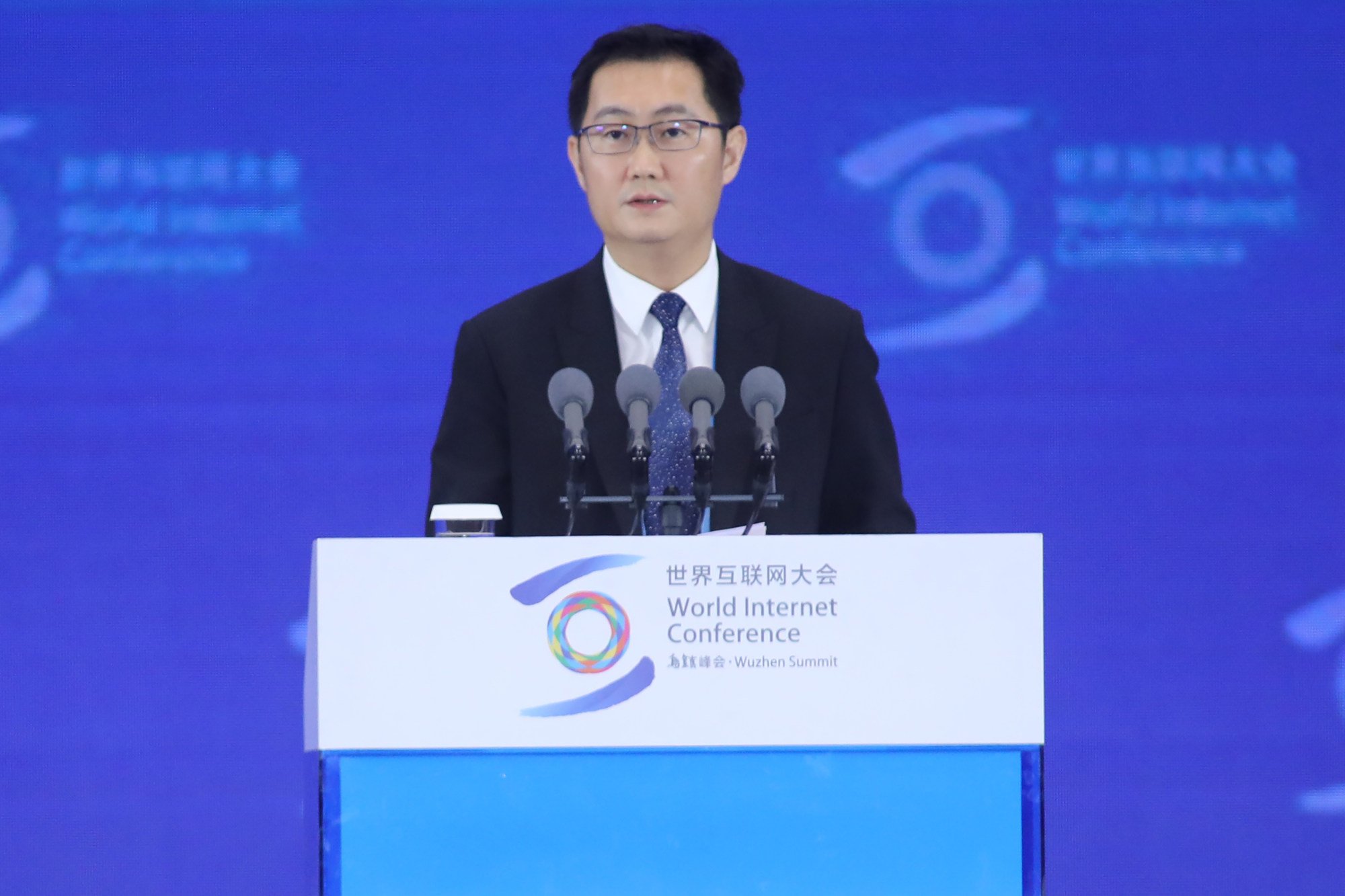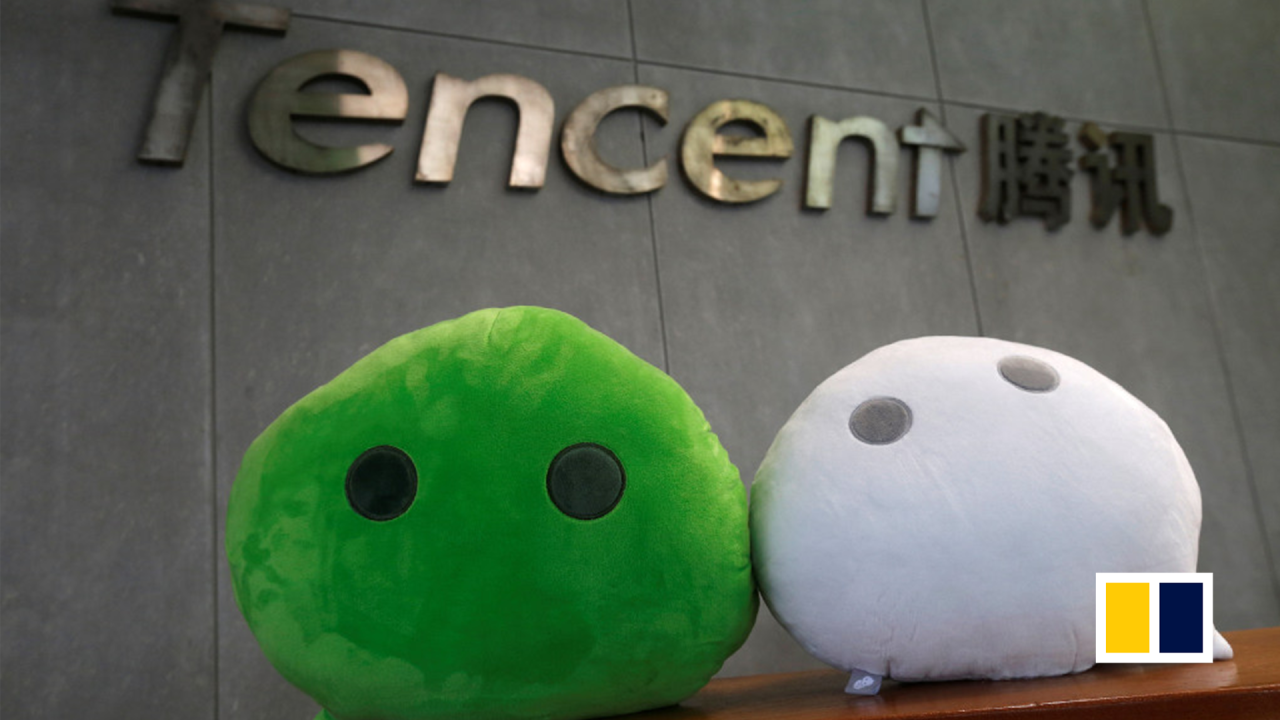
Tencent posts 11 per cent rise in quarterly revenue, buoyed by advertising and game sales as China’s economy rebounds
- Total revenue for the Hong Kong-listed internet giant reached 150 billion yuan in the three months ended March 31
- Profit rose 10 per cent to 25.8 billion yuan from 23.4 billion yuan a year ago, below analysts’ expectations of 28.93 billion yuan
Total revenue for the Hong Kong-listed internet giant reached 150 billion yuan (US$21.4 billion) in the three months ended March 31, up from 135.5 billion yuan a year ago. That was better than the consensus estimates of 146.32 billion yuan, according to analysts polled by Bloomberg.
Profit rose 10 per cent to 25.8 billion yuan from 23.4 billion yuan a year ago, below analysts’ expectations of 28.93 billion yuan.
“During the first quarter of 2023, we achieved solid revenue growth, as our payment volumes benefited from and facilitated domestic consumption recovery, our game revenue improved, and our advertising revenue sustained rapid growth,” Pony Ma Huateng, founder and CEO of Tencent, said on Wednesday.
From January to March, international gaming revenue rose 25 per cent to 13.2 billion yuan, driven by new titles including Goddess of Victory: Nikke and Triple Match 3D, while domestic sales increased 6 per cent to 35.1 billion yuan, the company said.
With government measures that limit the gaming time of minors, players under age 18 contributed only 0.4 per cent of total time spent on domestic games, and 0.7 per cent of gross receipts, down by 96 per cent and 90 per cent respectively from the same period three years ago.
Revenue from online advertising rose 17 per cent year on year to 21 billion yuan during the quarter, driven by the addition of Video Accounts, Tencent’s fast-growing short video service within its super app WeChat, as a new advertising revenue stream, as well as growth in advertising in Mini Programs, and the recovery of mobile advertising, the company said.
Shares of the Shenzhen-based company fell 0.58 per cent on Wednesday ahead of the earnings announcement, closing at HK$342.8.

The results came as China’s economy has been gradually improving after three years of rigid pandemic controls, boosting consumer and advertising spending. Amid a slowing economy and growing competition, Tencent had implemented a series of cost-reduction measures that included slashing jobs, shutting down non-performing businesses, and exiting some investments.
Tencent had 106,221 employees at the end of March, down by more than 2,000 from the end of 2022.
Still, the company has been chasing new growth.
Revenues from fintech and business services rose 14 per cent year on year to 48.7 billion yuan in the first quarter, with accelerated growth in fintech services driven primarily by the recovery of commercial payment activities, the company said.
Tencent president Martin Lau said the firm has been cooperating with government regulators who conducted a routine inspection of Tenpay, the company’s financial technology arm.
“The inspection results are in the process of being finalized,” Lau said. After the conclusion of the inspection, regulators will “devote more resources to supporting the development and innovation industry”, Lau added.
Combined monthly active users for WeChat and its domestic version Weixin reached 1.319 billion by the end of March.
“We are investing in our [artificial intelligence] capabilities and cloud infrastructure to embrace the opportunities brought by foundation models, and expect AI to be a growth multiplier,” CEO Ma said on Wednesday.
Also this week, the company announced it would offer discounts of up to 40 per cent in cloud server, database and cloud security products from June 1. China’s cloud service providers have plunged into a price war after Alibaba Cloud started cutting prices of its core products and services in the country by up to 50 per cent earlier this month.
Alibaba Cloud is a unit of Alibaba Group Holding, which owns the South China Morning Post.
James Mitchell, Tencent’s chief strategy officer, said the overall impact of the price cuts was “not notable”, adding that “cloud only represents a mid-single-digit percentage” of Tencent’s total revenue.
Mitchell said the company will keep tight control over operating expenses. “I think we are in the growth mode right now. The nature of our growth drivers is that they do not require heavy subsidies. They do now require heavy sales and marketing activity,” he said.



